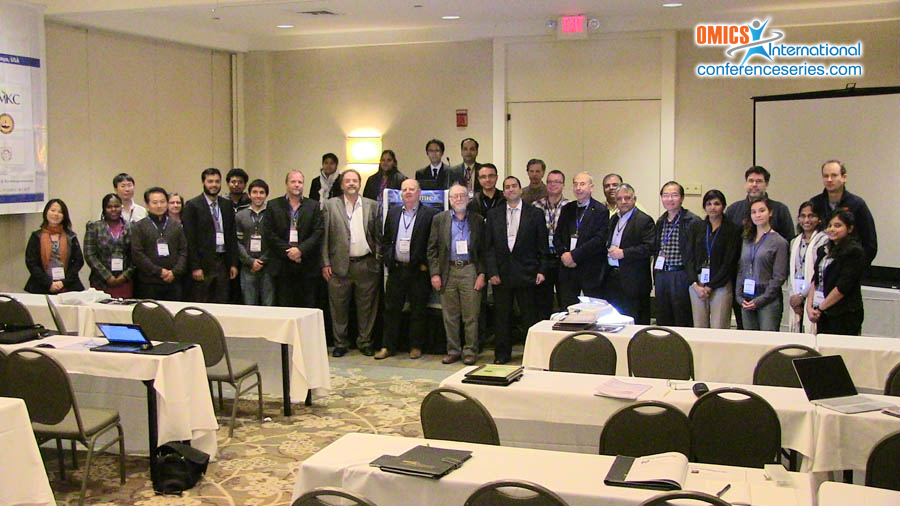
J Madhumathi
Indian Institute of Technology, India
Title: Recombinant fusion proteins for targeted therapy of leukemia
Biography
Biography: J Madhumathi
Abstract
Recombinant immunotoxins are antibody-toxin chimeric molecules that kill cancer cells via binding to a surface antigen, internalization and delivery of the toxin moiety to the cell cytosol. Immunotoxins target the surface of cancer cells with considerable potency, using protein toxins capable of killing a cell with a single molecule. It is well established that cancer cells overexpress several tumor associated antigens, membrane receptors, and carbohydrate antigens. Ligands for these receptors or monoclonal antibodies or single chain variable fragments (scFv) targeted against these antigens are fused with bacterial or plant toxins and used as immunotoxins. The recent emergence of a new class of immunotoxins in which the cytotoxic moiety is an endogenous protein of human origin like proapoptotic protein has reduced immunogenicity and toxicity. We have developed humanized chimeric toxins using human TRAIL and IL2, which specifically targets leukemic cells leaving normal cells. The two most important cytokines used as targeting molecules with anti-tumor activity approved by FDA for cancer treatment are IL2 and type I IFN. IL2 promotes natural killer cells, T cells and acts as a mitogen and interferes with blood flow to tumor. Low dose recombinant IL2 is proved to activate antitumor immune response in advanced malignancies. Soluble recombinant TRAIL (rTRAIL) induces apoptotic cell death in a wide variety of tumor cell lines in vitro, while sparing most normal cells. Importantly, no apparent systemic toxicity of rTRAIL was also observed in non-human primates. Humanized immunotoxins using IL-2 as the target ligand and TRAIL as the toxin moiety would highly improve the therapeutic efficacy in cancer.



